

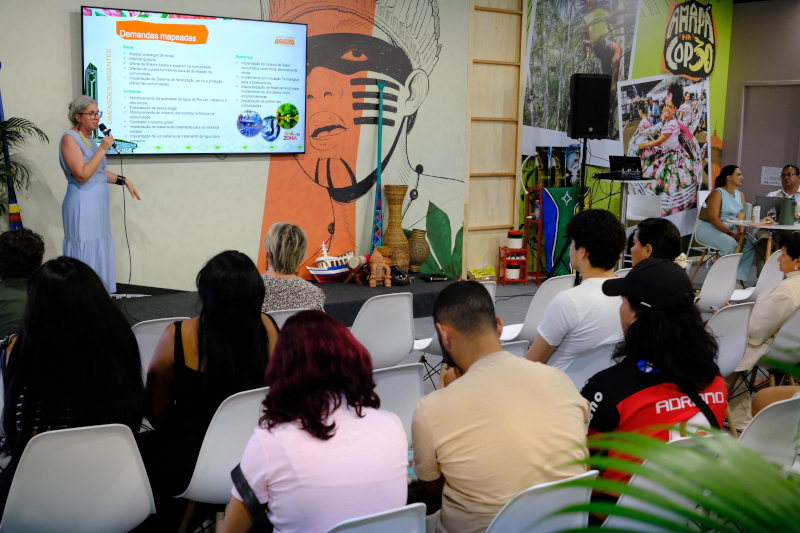
Researchers from the Amazon+10 Initiative begin presenting their initial findings in the social, environmental, and economic areas.
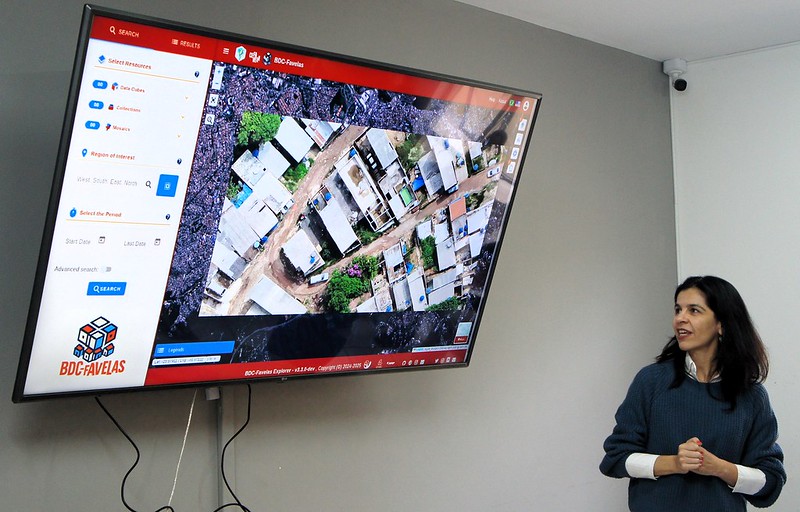
The Center for Favela Studies project was launched in the municipality of Jacareí, São Paulo state, using data from the state system that registers low-income families in social assistance programs.
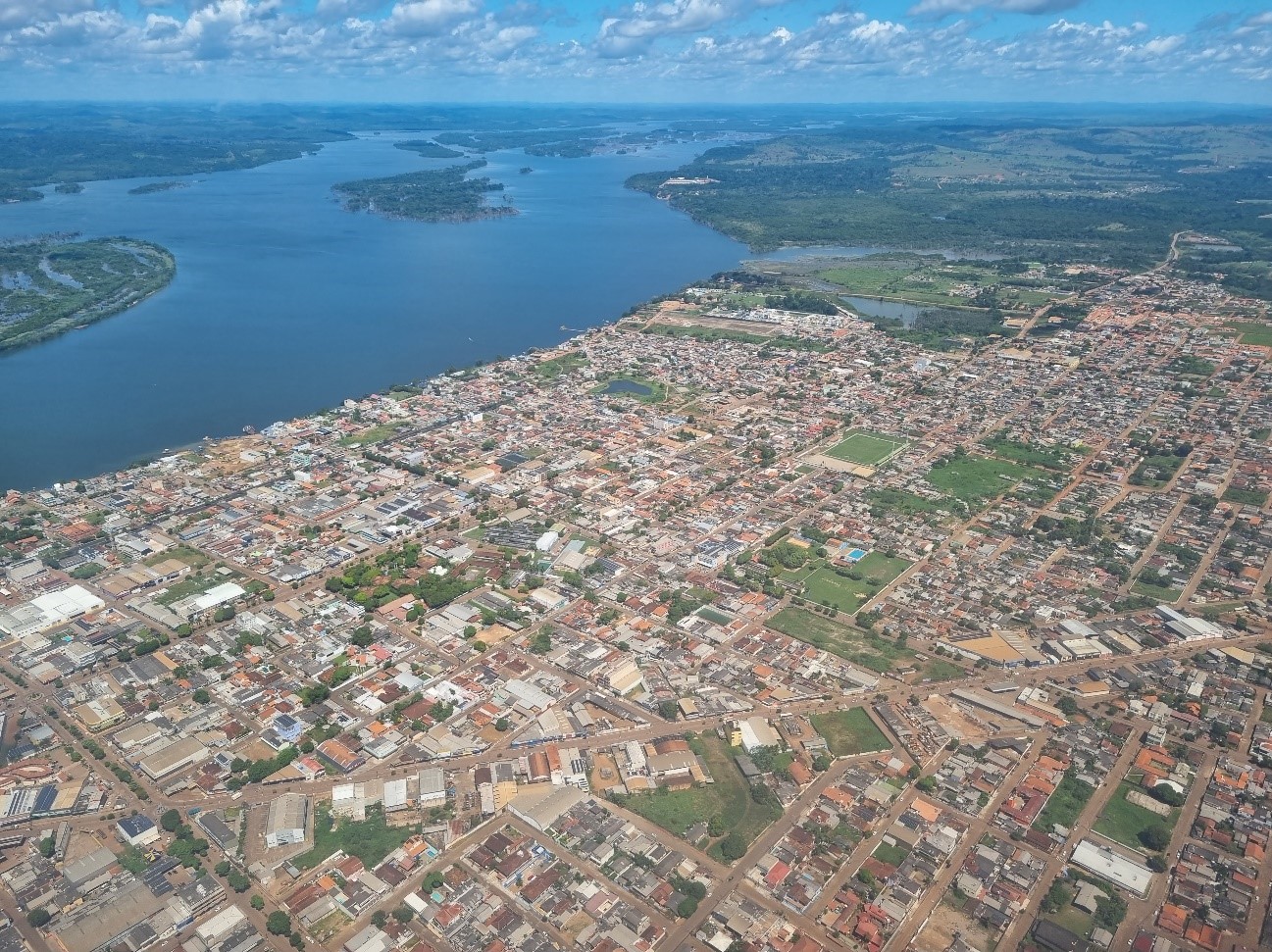
A study of 500 households in Altamira, a city near the dam in Pará state, showed that 61% experienced food insecurity.
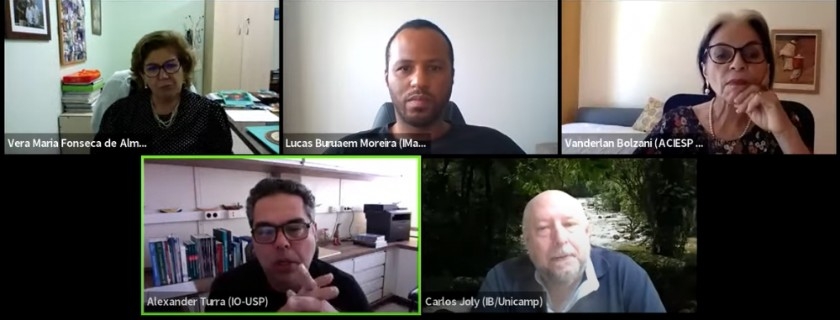
In a webinar held to present the third chapter of the book published by the São Paulo State Academy of Sciences to commemorate FAPESP’s sixtieth anniversary, specialists showed that protection of terrestrial and marine environments contributes to food production and job creation, among other benefits.
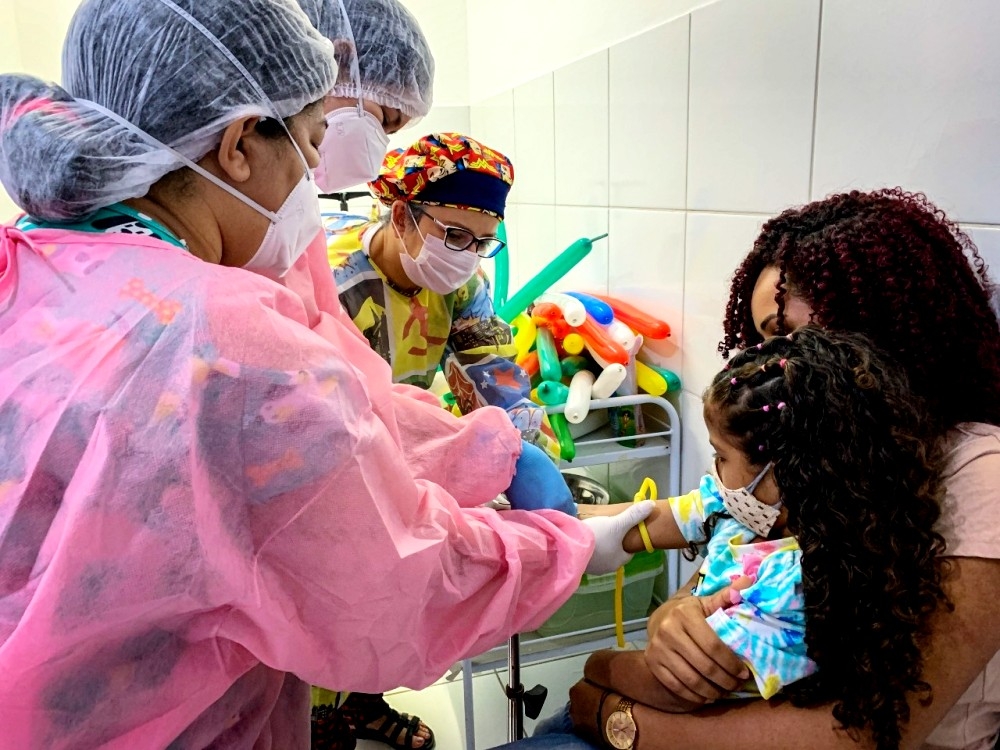
In a longitudinal survey of children born in 2015 and 2016 in a city in Acre State, North Brazil, over half of the participants reported experiencing hunger in the previous month. The occurrence of symptoms also correlated with social vulnerability, and with the mother’s schooling and skin color.
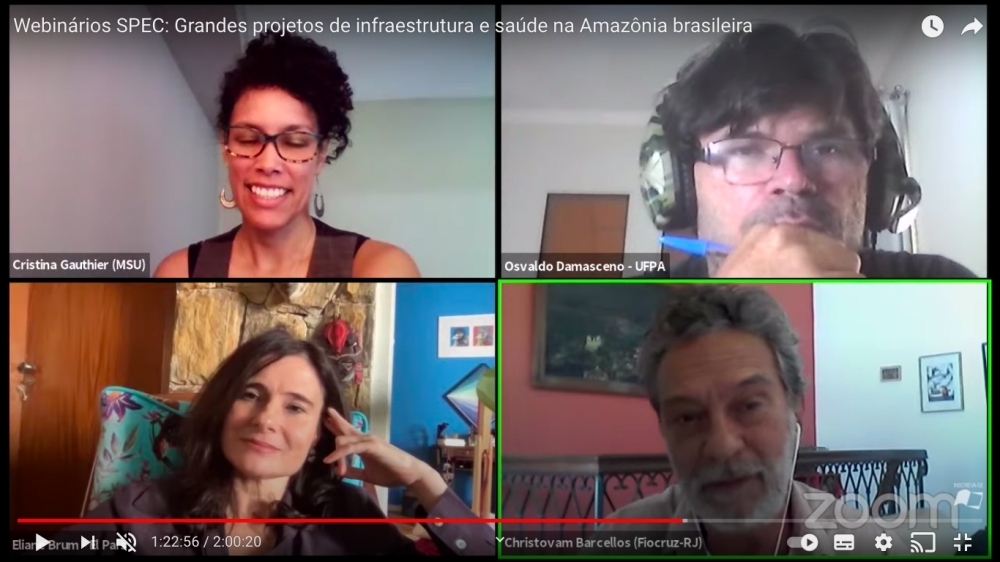
For scientists gathered at this FAPESP-hosted webinar, projects like the Belo Monte dam and the Transamazon highway have had few local benefits and led to a rise in poverty, violence, deforestation and disease.

An article in The Lancet stresses the vulnerability of these health workers, whose readiness to counter fake news with trustworthy information, and to monitor COVID-19 patients in home isolation, has been neglected.

Economists who took part in a webinar organized by FAPESP to discuss options for the post-pandemic economic recovery said this is the right time to implement broad basic income policies.